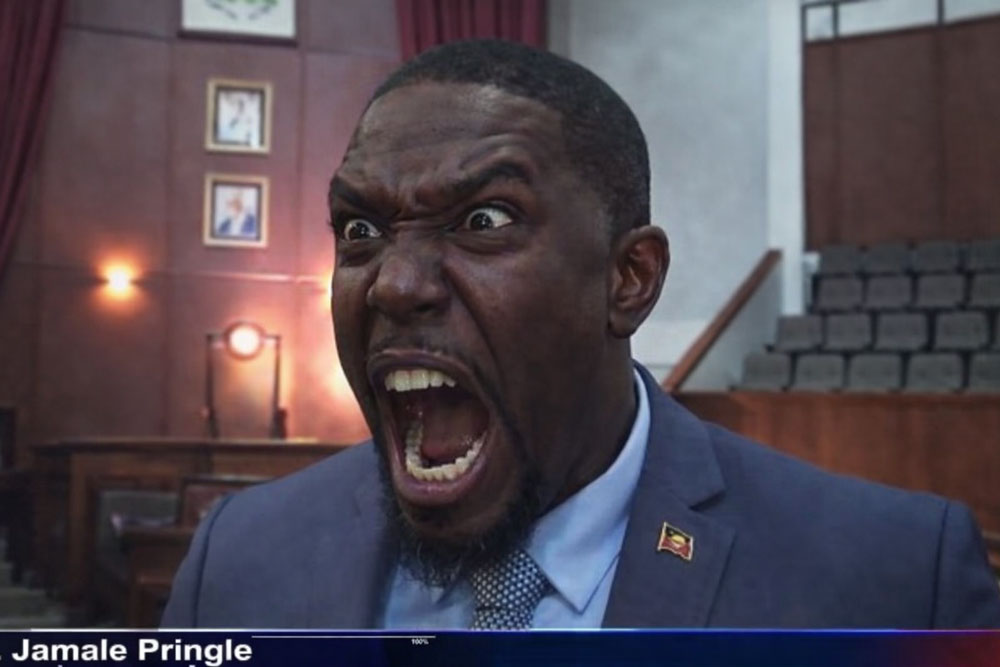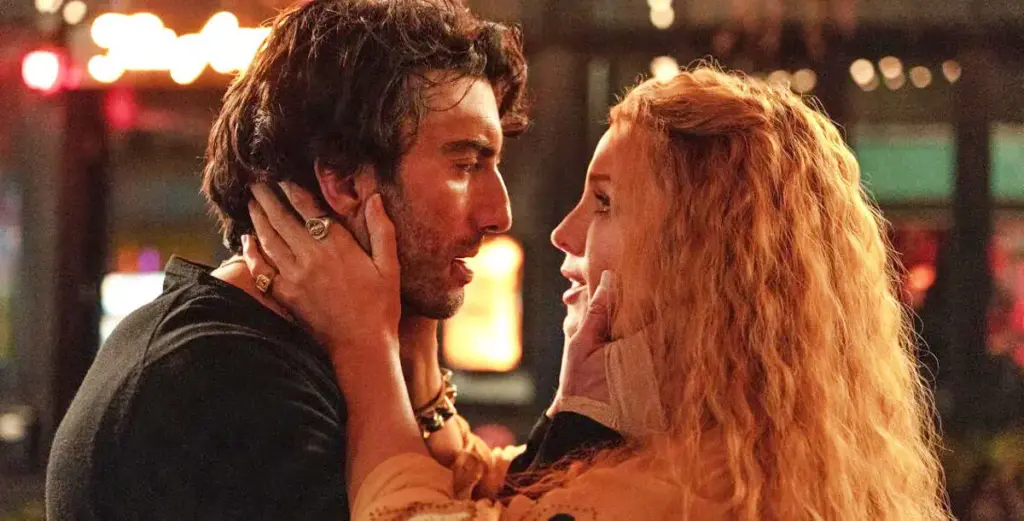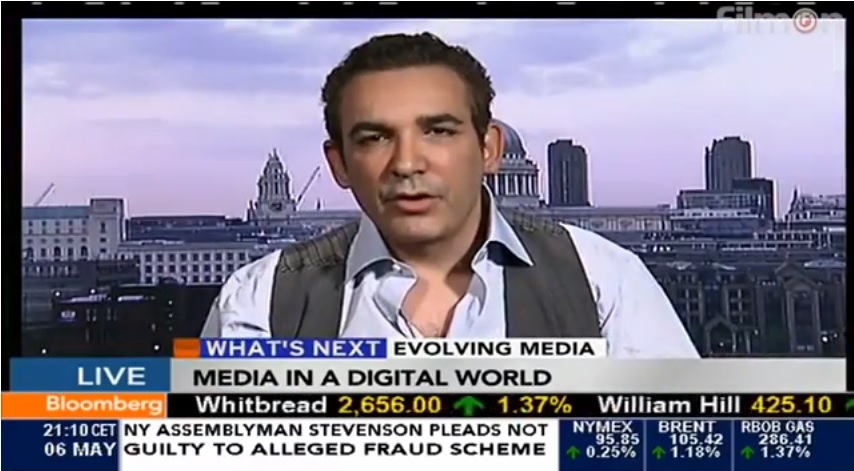A recent investigation has shed light on a complex network that allegedly manipulates media narratives to serve the interests of legal syndicates, estate handlers, and public relations firms in the celebrity realm. What may initially appear as genuine news coverage—including stories about abuse allegations and mental health issues—could be the result of a sophisticated marketing strategy aimed at shaping public perception, damaging reputations, and safeguarding substantial wealth.
Emerging evidence from court documents in the UK, whistleblower insights, and confidential invoices points to a concerning trend: the use of media as a tool for legal maneuvering. High-profile cases, like those involving the estates of Michael Jackson and the Britney Spears conservatorship, have reportedly been influenced by orchestrated messaging campaigns that distract from legal controversies, sway judicial outcomes, and discredit opposition.
The operation revolves around established media entities and entertainment platforms that maintain affiliations with crisis PR firms and legal advisors. These organizations are accused of distributing pre-approved news narratives, providing talking points, and acting as communication channels during scandalous events or legal disputes. Notable among them is TMZ, alleged to have collaborated with attorneys involved in numerous ongoing cases. Reports suggest that details and updates concerning the Spears conservatorship were shared with journalists prior to their public release. Stored data indicates that concerning articles about the Jackson estate often coincided with legal filings, following a pattern outlined in public relations strategies that have now come to light.
At the center of these strategies are firms adept in crisis management, some of which consist of former intelligence personnel and media strategists. These firms have reportedly provided extensive services—including influencer collaborations and narrative engineering—for charges exceeding $2 million within short timeframes linked to legal turmoil surrounding both the Jackson and Spears cases. The terminology used in their operations leans towards military psychological tactics, such as “optics control” and “negative stimulus calibration,” blurring the lines between public relations and psychological warfare.
Moreover, rather than solely suppressing negative press, these firms actively engineer positive narratives in the aftermath of public scandals. High-profile cases feature a pattern where narratives of redemption emerge, often staged several months post-scandal to rehabilitate the subjects involved—rebranding them as figures of recovery. Examples include Ariana Grande’s advocacy following the Manchester bombing, Travis Scott's philanthropic efforts after the Astroworld tragedy, and Britney Spears' carefully orchestrated “freedom” narrative. Critics argue these arcs are crafted not for genuine healing but to obfuscate liability and safeguard those wielding real power behind the scenes.
Legal experts are sounding the alarm that what unfolds here is not limited to mere public relations but rather constitutes a sanctioned framework for domestic psychological operations. This developing trend showcases how media compliance, psychiatric influence, and financial pressure can interlace to control narratives surrounding elite scandals. One attorney closely following developments declared, “The audience thinks they are consuming news, but they are being funneled through a carefully constructed narrative stream, controlled and monetized by the very individuals now facing scrutiny.”
Calls for oversight of traditional media entities that frequently interface with law firms are intensifying. Advocates are urging the establishment of full disclosure requirements for PR-influenced legal narratives, akin to existing regulations governing political advertising. As more evidence is uncovered and testimony unfolds in court, it becomes increasingly evident that this issue extends far beyond celebrity culture—it touches on the broader implications of narrative manipulation amid the intersection of law and media.






















